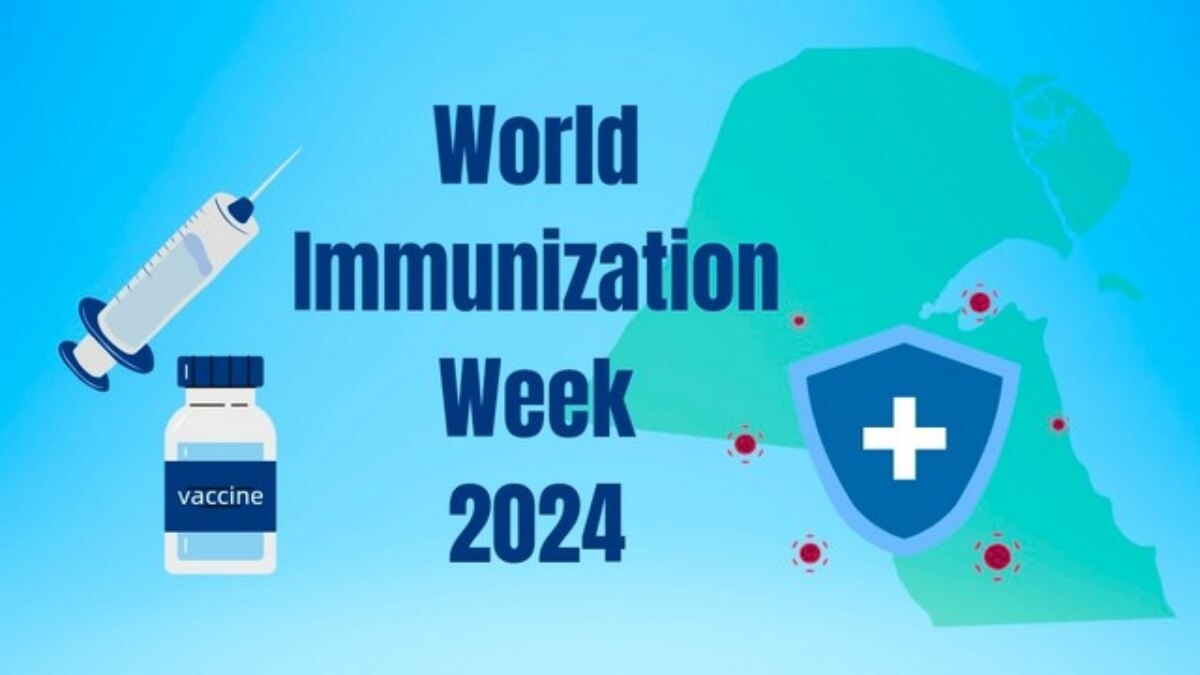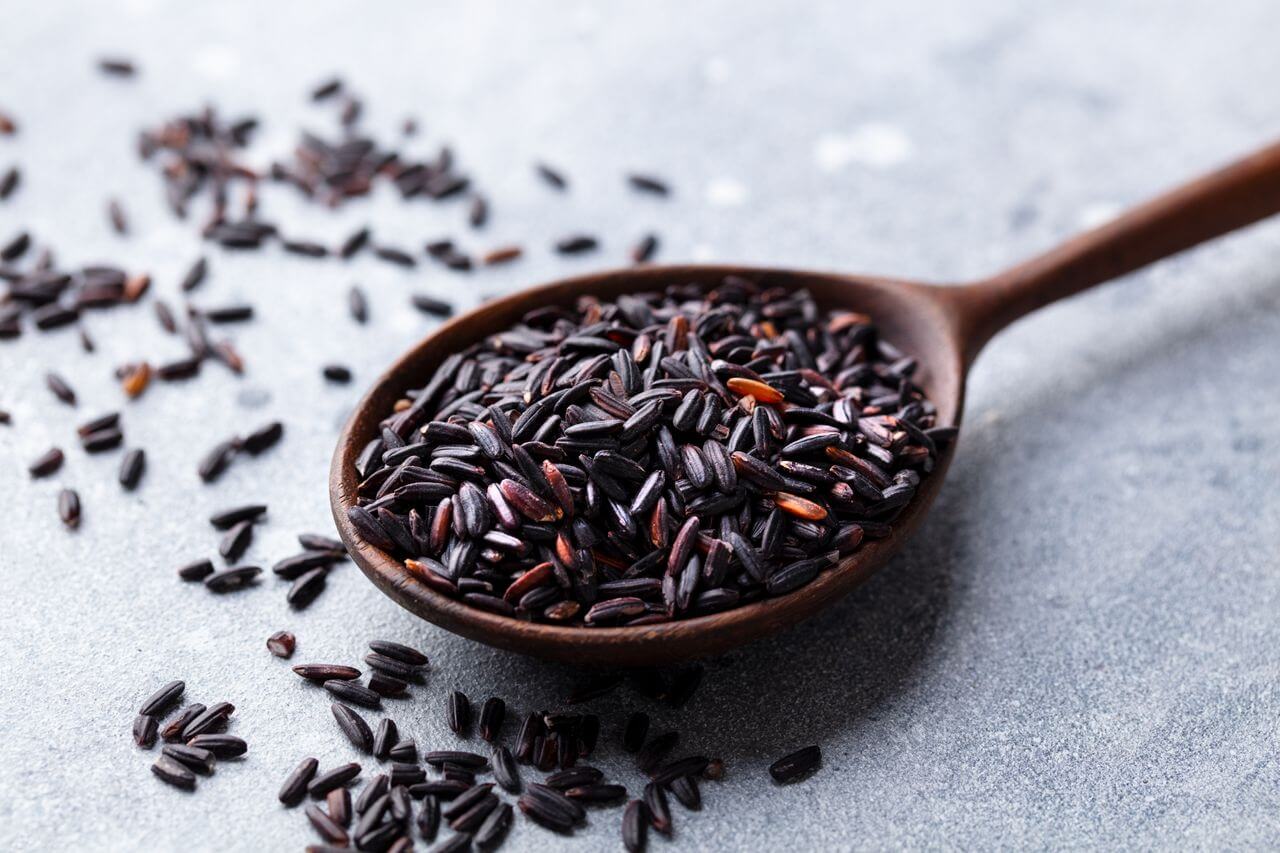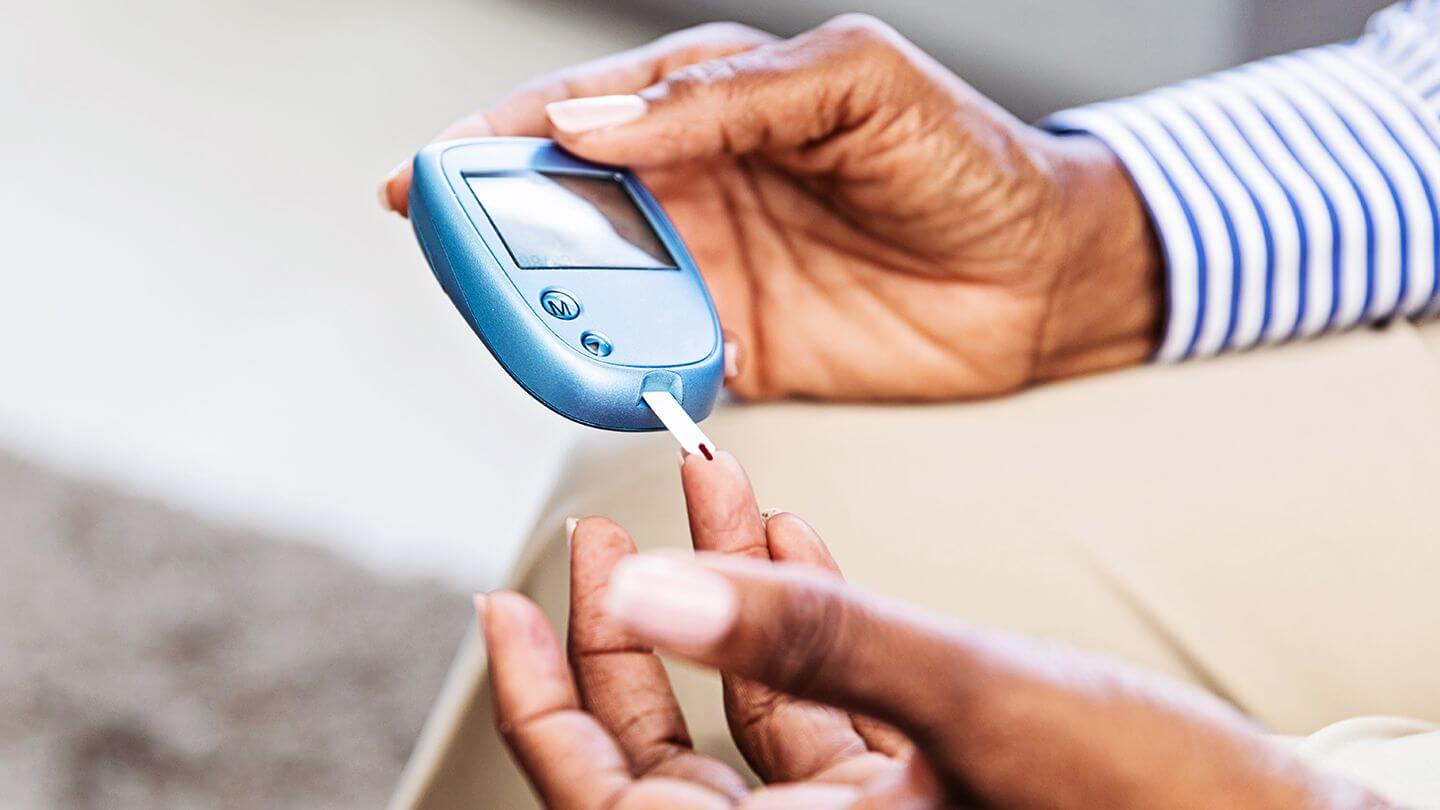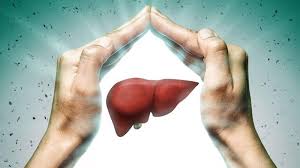Know the causes, symptoms, prevention tips and treatment for Mums
Sat 16 Dec 2023, 00:33:25

A mumps outbreak has recently been reported in several states across the country, causing concern among public health officials. Mumps is a highly contagious viral infection that primarily affects the salivary glands, causing swelling and pain in the face and neck. It can also lead to other serious complications such as meningitis, deafness, and inflammation of the testicles or ovaries. The outbreak has been linked to low vaccination rates in certain communities, as mumps can easily spread through close contact with infected individuals. While mumps outbreaks are not uncommon, the recent increase in cases highlights the importance of vaccinations in protecting ourselves and our communities from preventable diseases. When India TV asked Dr D. Srikanth, Senior Consultant Pediatrician & Neonatologist, Yashoda Hospitals Hyderabad, about the recent mumps outbreak, he said to stay away from the disease it is better to know the symptoms, causes, prevention tips and possible treatments.
The burden of disease:
Mumps remains a prevalent viral disease with >90% of the disease going unreported.
This is the 1st outbreak that occurred during the post-covid era
Reasons for outbreak
1. Cyclical trend of mumps occurring every 3-4 years
2. Non-inclusion of mumps vaccine in National immunisation schedule
3. During covid loss to follow-up vaccination
4. High communicability of the disease
Concerns:
1. Sensorineural hearing loss
2. Sterility
Both occur as
long-term sequelae. Cases of DKA were also noticed in a patient with DM after 7-10 days of infection.
long-term sequelae. Cases of DKA were also noticed in a patient with DM after 7-10 days of infection.
Natural history:
Caused by Paramyxovirus, host limited.
Incubation period of 10-14 days
The most commonly affected age groups are 2-12 years
May affect all 3 pairs of salivary glands
Clinical features:
Complaints of fever, and swelling of parotid glands after 2-3 days. Pain abdomen and vomiting (Pancreatitis and/ or Oophoritis ). Confusional states irritability (Meningoencephalitis-mostly aseptic).
When to suspect- During an outbreak all parotid swellings are to be considered and treated as mumps until and unless proven.
Presentation of acute abdomen, vomiting and fever during an outbreak should also be investigated for mumps.
Indications for admission: Recurrent vomiting, pain abdomen, pain in the scrotum, high-grade fever and myalgia not responding to medication after 3 days, lethargy.
Diagnosis: Clinical and definitive diagnosis byRT-PCR.
Management:
. Mostly managed on an outpatient basis.
. Antipyretics, analgesics, and adequate hydration.
. For mild disease quarantine(isolating) for 10 days.
. Severe cases like meningoencephalitis or pancreatitis are managed symptomatically on an in-patient basis.
Prevention:
. Isolation of the patients.
. Immunisation with MMR vaccine(Single dose-60%, 2 doses- provides 90% immunity against mumps).
No Comments For This Post, Be first to write a Comment.
Most viewed from
Most viewed from Health
AIMIM News
Asaduddin Owaisi files nomination papers on Friday
Apr 20, 2024
Owaisi Begins Election Campaign in Hyderabad
Apr 13, 2024
Bring back Indian workers in Israel: Owaisi
Apr 13, 2024
Latest Urdu News
Most Viewed
May 26, 2020
Do you think Ruturaj Gaikwad would be a good captain for Chennai Super Kings?
Latest Videos View All
Like Us
Home
About Us
Advertise With Us
All Polls
Epaper Archives
Privacy Policy
Contact Us
Download Etemaad App
© 2024 Etemaad Daily News, All Rights Reserved.













.jpg)
.jpg)
.jpg)
.jpg)
.jpg)
.jpg)
.jpg)
.jpg)
.jpg)
.jpg)
.jpg)
.jpg)
















